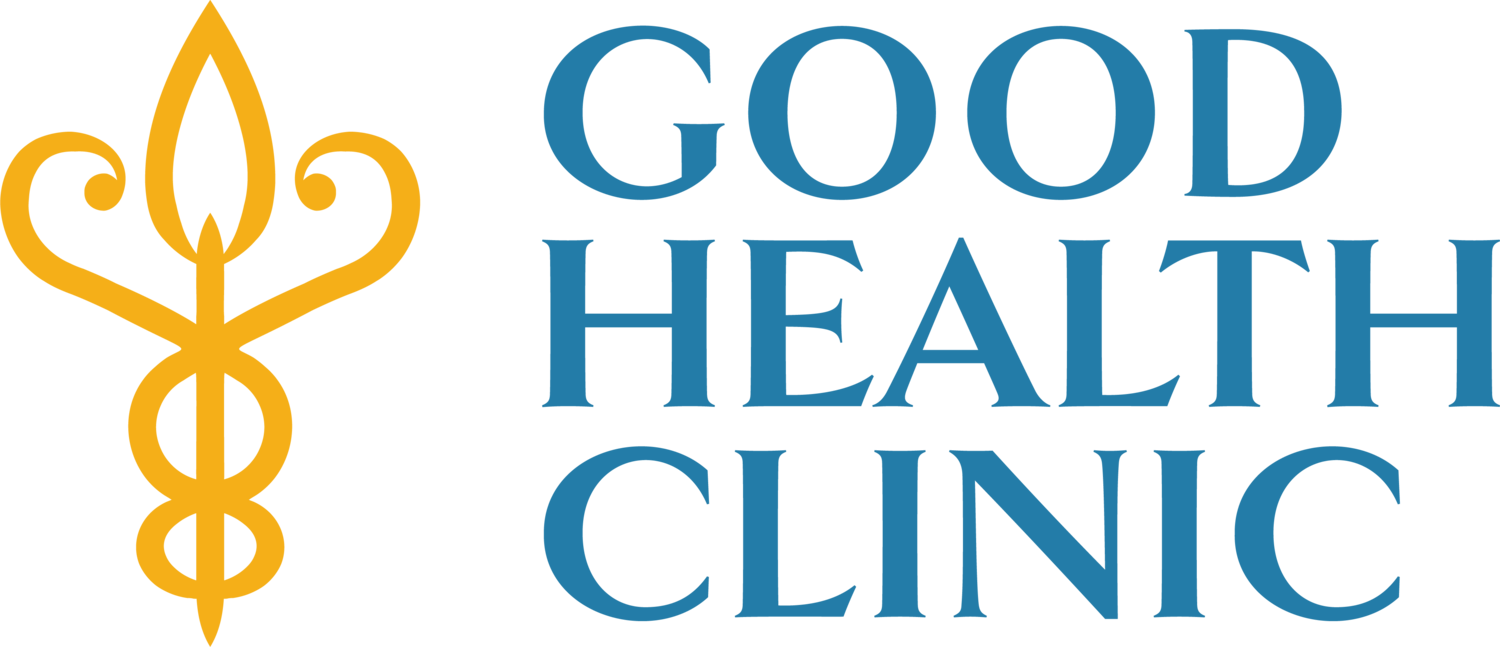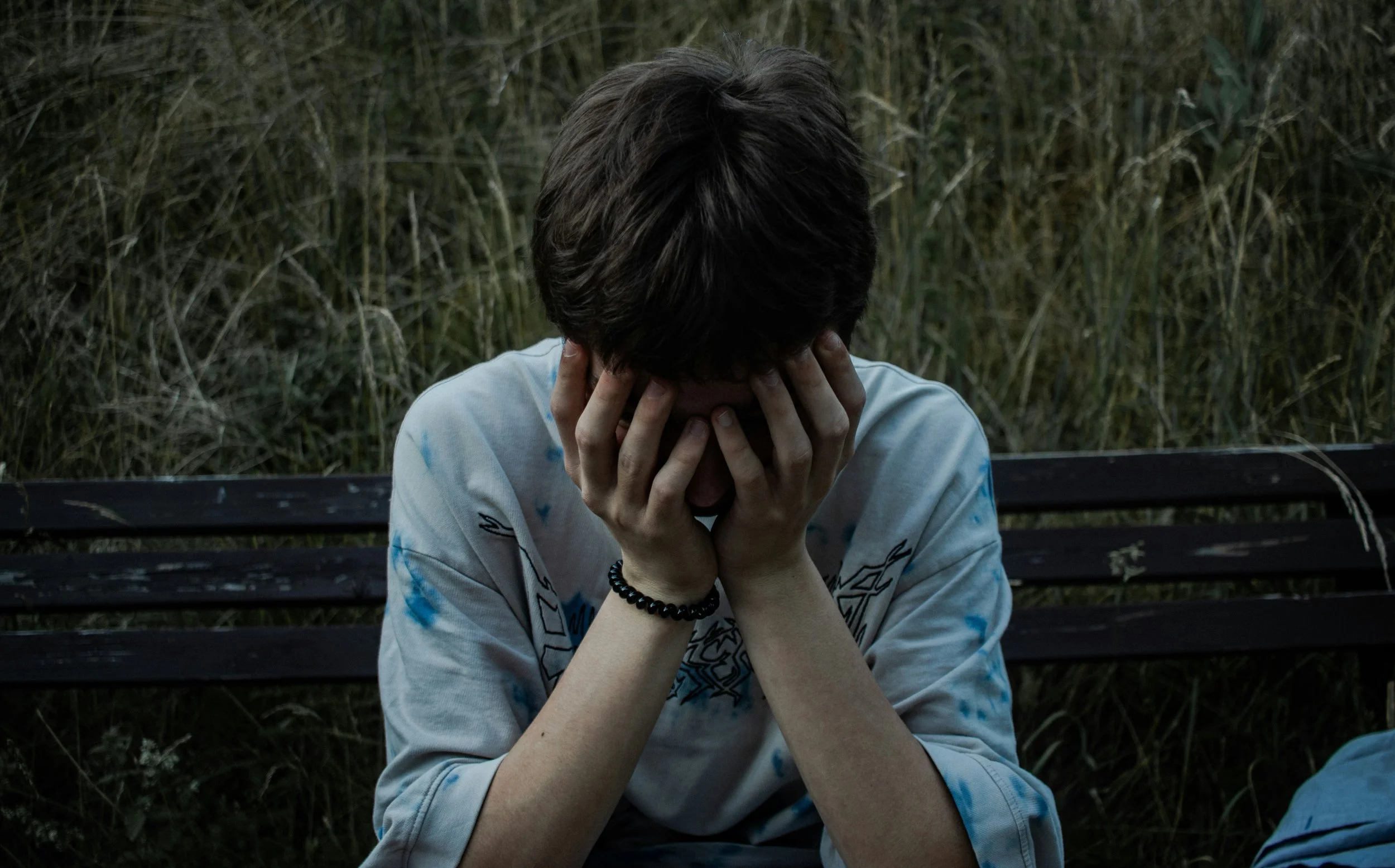THE DANGERS OF PSYCHIATRIC DRUGS
This Newsletter is a short summary of important information given by Dr Peter Breggin in his online Youtube series Simple Truths About Psychiatry. I would encourage you all to look at these short videos. Even if you are not taking psychiatric medications yourself, you may know someone who is. And they might like to know these truths. Dr Breggin is a Harvard-trained psychiatrist who, despite working for decades as a psychiatrist in the US, has never prescribed a psychiatric drug. Instead, he has been an outspoken critic of the harmful practices of psychiatry, has been a medical expert in dozens of legal cases against drug companies, and has been called the “conscience of psychiatry.” He has an important message to relate to anyone interested in health. The is not an easy read, or an easy write. However, if you want to safeguard your health and that of your family and friends, please read on to see what Dr Breggin has to say about the dangers of psychiatric drugs…
*Going to see a psychiatrist or taking a psychiatric drug is one of the most dangerous things you can do in your life. This is because psychiatric drugs are far more dangerous than people have been led to believe by their prescribing doctors. If they really knew about the dangers involved, most people would never start them and most prescribers would never prescribe them.
*Why don’t prescribing doctors warn patients about the dangers? Because they don’t know themselves. Why not? Because doctors get their information from the drug companies and their drug marketing. The goal of drug companies is to make money and they do this very well with an annual revenue of billions from psychiatric drugs.
*There is no scientific evidence that depression, anxiety, schizophrenia or any other mental illness is caused by a chemical imbalance in the brain or sluggish serotonin. However, all psychiatric drugs create multiple chemical imbalances in brains which didn’t have any chemical imbalances before taking the drugs. This ‘chemical imbalance’ theory was invented by Big Pharma giant Eli Lilley to sell the drug Prozac. It was a very successful marketing strategy.
*The idea behind Prozac was to block the removal of a chemical messenger (neurotransmitter) called serotonin to increase its amount in the synapses in the brain. A synapse is like a tiny bridge where brain cells talk to each other. When one nerve cell wants to communicate, it sends out chemical messengers (neurotransmitters) that cross the gap and tell the next cell what to do. The problem is that the brain doesn’t like pooling serotonin and tries to compensate by stopping its production of serotonin, decreasing its ability to remove it and making cells less sensitive to it.
*The biochemical changes these drugs make in the brain are why it is so difficult to withdraw from these them and why withdrawal symptoms can be so severe and life threatening. It is dangerous to start psychiatric drugs but much more dangerous to come off them.
*With psychiatric drugs, almost always the emphasis is on obtaining relief from painful emotions, regardless of the potential cost to the life and health of the individual.
*When people feel better from taking alcohol, smoking marijuana or taking psychiatric drugs, it is because they feel better when their brain is impaired by these substances. If a drug is working, it is because it is disrupting your biochemistry. It’s the only way these drugs can work.
*People may want to feel less of their emotional suffering by blunting their emotions but this is an intoxicating side effect of the drug and the long term effects can be devastating as they lead people away from being able to manage their own lives.
*Dr Breggin talks about the effect of ‘medical spellbinding’ which means that all psychoactive substances impair the ability to understand the side effects of these drugs. If you get a drug side effect of irritability or anger, there is a likelihood of thinking the problem is your spouse, kids, dog, colleagues rather than the drug. A comparison is an alcoholic who feels they need to beat up their partner while under the influence. ‘Spellbinding’ also means that you are likely to blame
*Stimulants (Ritalin, Concerta, Elvanse, Dexedrine, Modafinil etc.) - Follow up studies on people who were started on stimulants as children for ADHD show shrinkage of brain tissue measurable on brain scans, reduced height and weight, a higher incidence of becoming mental patients, an increased suicide rate and an increased rate of cocaine use in adulthood. The latter is not surprising as pharmaceutical stimulants and amphetamines are pharmacologically similar to cocaine in their effects. Both affect dopamine levels and can cause euphoria, which can be addictive.
*Non-benzodazepine “Z-drugs” (sedative-hypnotics like Sonata, Ambien, Lunesta etc.) - marketed as newer sleep aids. Studies show that long-term use of these drugs shortens life span.
*Benzodiazepines (Diazepam/Valium, LorazepamAtivan, Mogadon, Xanax, Clonazepam, Librium, Midazolam, Temazepam etc.) - these are very addictive even after six weeks. Studies show shrinkage of the brain with their use. They are harder than opiates and an absolute horror story to wean off with withdrawal symptoms of increased insomnia, anxiety, feet so painful that patients cannot stand, weird sensations throughout the body, cognitive dysfunction like memory loss and difficulty learning.
*Antidepressants (Sertraline, Ciralopram, Fluoxetine/Prozac, Venlafazine, Duloxetine, Amitriptaline, Mirtazapine, Trazodone etc.) - these drugs do not correct a chemical imbalance (like a serotonin deficiency) in the brain. Instead, they create one. The ‘chemical imbalance’ is a a marketing myth, not proven science. SSRIs. NNRIs and older antidepressants disrupt normal brain function by artificially manipulating brain chemicals (neurotransmitters). The disruption creates emotional and sexual numbing which doesn’t heal underlying problems. Side effects include: emotional blunting or ‘flatness’, agitation, insomnia, increased risk of mania, violence, suicide, aggression in some. For further information, please see The Antidepressant Fact Book by Dr Peter Breggin.
*Antipsychotics (Largactyl, Haldol, Risperal, Zyprexa, Seroquel, Abilify etc.) - Dr Beggin calls this kind of drug a chemical lobotomy. The damage they do includes wreaking havoc on the basal ganglia area of the brain (incidentally, the same area that is affected in the infection driven autoimmune condition known as Pans/Pandas or basal ganglia encephalitis). The basal ganglia is associated with movement and one of the potential withdrawal symptoms of antipsychotics (which are notoriously difficult to withdraw from) is tardive dyskenesia (neurological damage characterised by involuntary, repetitive movements which can be persistent or irreversible even after stopping the medication.
For more information, please go to Youtube and watch Dr Breggin’s Simple Truths about Psychiatry series.
Help For patients On psychiatric Drugs
If you are affected by psychiatric drugs, and would like to do something about it, these are the following steps that can help:
1.Get a full medical history to look for any physical underlying causes of your symptoms. These can include food allergy, nutrient deficiencies, inflammatory foods, chronic infections, toxins, thyroid/adrenal problems, metabolic problems etc.
2.Get a programme in place to address these issues. Don’t try to address the psychiatric drugs until this step is in place and you are doing a little better.
3.Never attempt to wean off psychiatric drugs by yourself as the symptoms can be very severe, even life threatening. Please see my blog Ten Things You Need To Know About Psychiatric drugs. Always work with a medical doctor to safely and very slowly taper these drugs down. Don’t attempt a ‘recipe book’ taper down; work with someone in person who can guide you through any ups and downs.
4.For a lot of medical doctors and practitioners, psychiatric drugs are a real blind spot. That is why you need a practitioner who is experienced in slow safe taper down. I am fortunate to have the assistance of such a doctor here in Plymouth to help my patients with safe supervised taper down once the nutritional safety net is in place.
5.At the end of the day, life is composed of emotions. The ability to feel and experience the full gamut of emotions is what makes life worth living. If you want to dull your ability to feel emotions, this may provide short term relief but it will work against you in the long run. You need your full emotional range to navigate your way successfully through life. Dr Breggin has a very good video on how he helps people who are very depressed.
6.For emotional trauma, PTSD and heavy emotional incidents like loss of a loved one, my preferred therapy after talking to a friend is Dianetics therapy, not drugs. This is a precise tool known as The Modern Science of Mental Health to effectively address past mental trauma.
7.Having a good support network of friends and family really helps. Try to find friends who are positive and supportive, and help you feel better. Avoid those who make you feel worse.
8.Even though you should always work with someone to taper down safely and slowly from psychiatric drugs, the more knowledge you have about the process, the more in control you may feel. There are two books I would recommend both for you and whoever is supervising the taper down:
Psychiatric Drug Withdrawal: A Guide for Prescribers, Therapists, patients and their Families by Peter R. Breggin MD
and
The Maudsley Deprescribing Guidelines - Antidepressants, Benzodiazepines and Z-drugs by Mark Horowitz MD, PhD and David Taylor PhD
If you are suffering withdrawal symptoms from psychiatric drugs and would like to get help, please get in touch with the Good Health Clinic on goodhealthclinic@outlook.com to request a free 30 minute Enquiry Call or book an appointment. Please note that an Enquiry call is not a consultation but an exploratory call to see if this is a clinical approach you wish to pursue.To your very good health,
Suzanne Jeffery (Nutritional Medicine Consultant)
M.A.(Oxon), BSc.(NMed), PGCE, GNC, BSEM, MNNA, CNHC
The Good Health Clinic at The Business Centre, 2, Cattedown Road, Plymouth PL4 0EG
Tel no: 07836 552936/ Answer phone: 01752 774755
Disclaimer:
All advice given out by Suzanne Jeffery and the Good Health Clinic is for general guidance and informational purposes only. All advice relating to other health professionals’ advice is for general guidance and information purposes only. Readers are encouraged to confirm the information provided with other sources. Patients and consumers should review the information carefully with their professional health care provider. The information is not intended to replace medical advice offered by other practitioners and physicians. Suzanne Jeffery and the Good Health Clinic will not be liable for any direct, indirect, consequential, special, exemplary or other damages arising therefrom.

